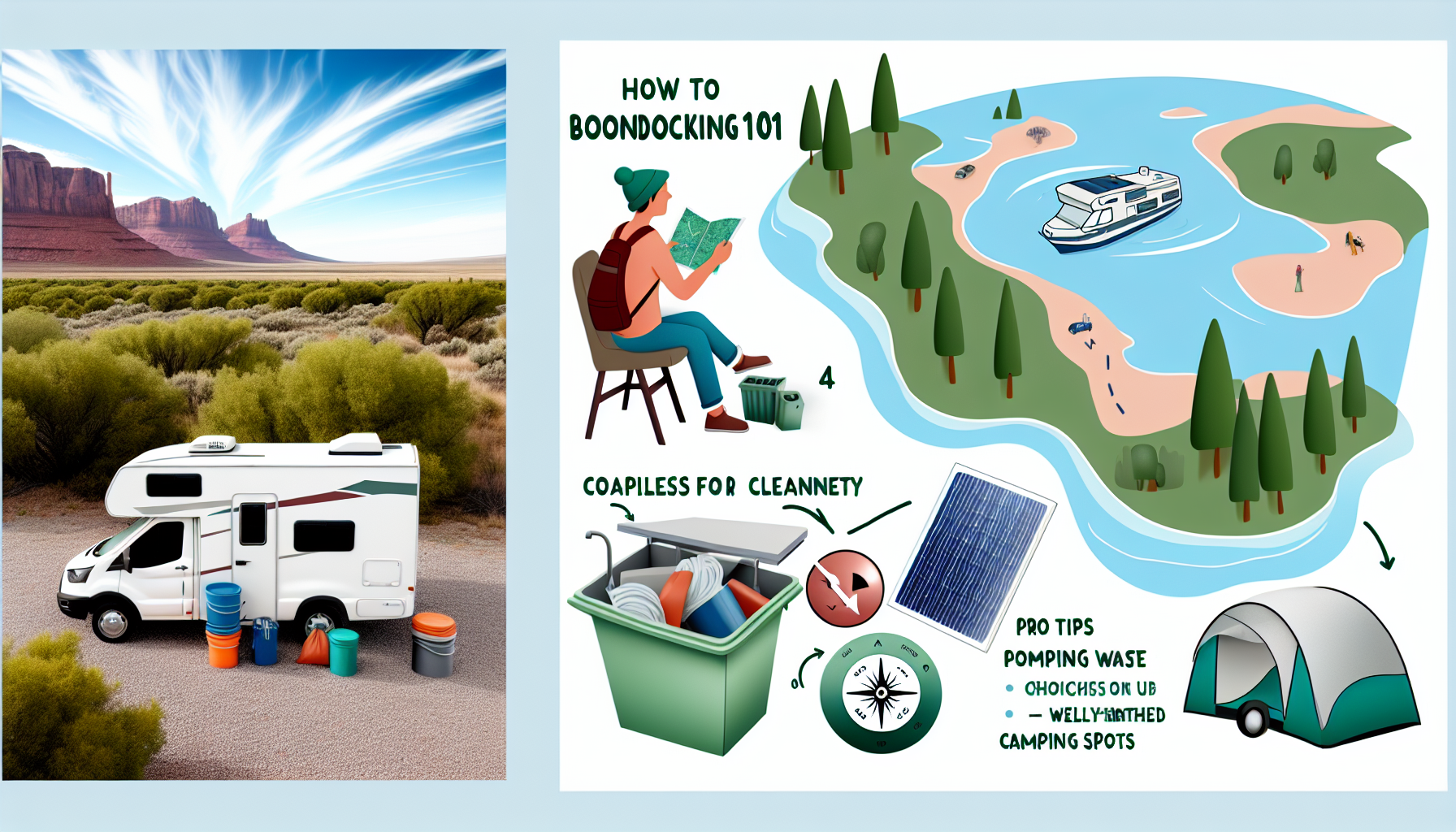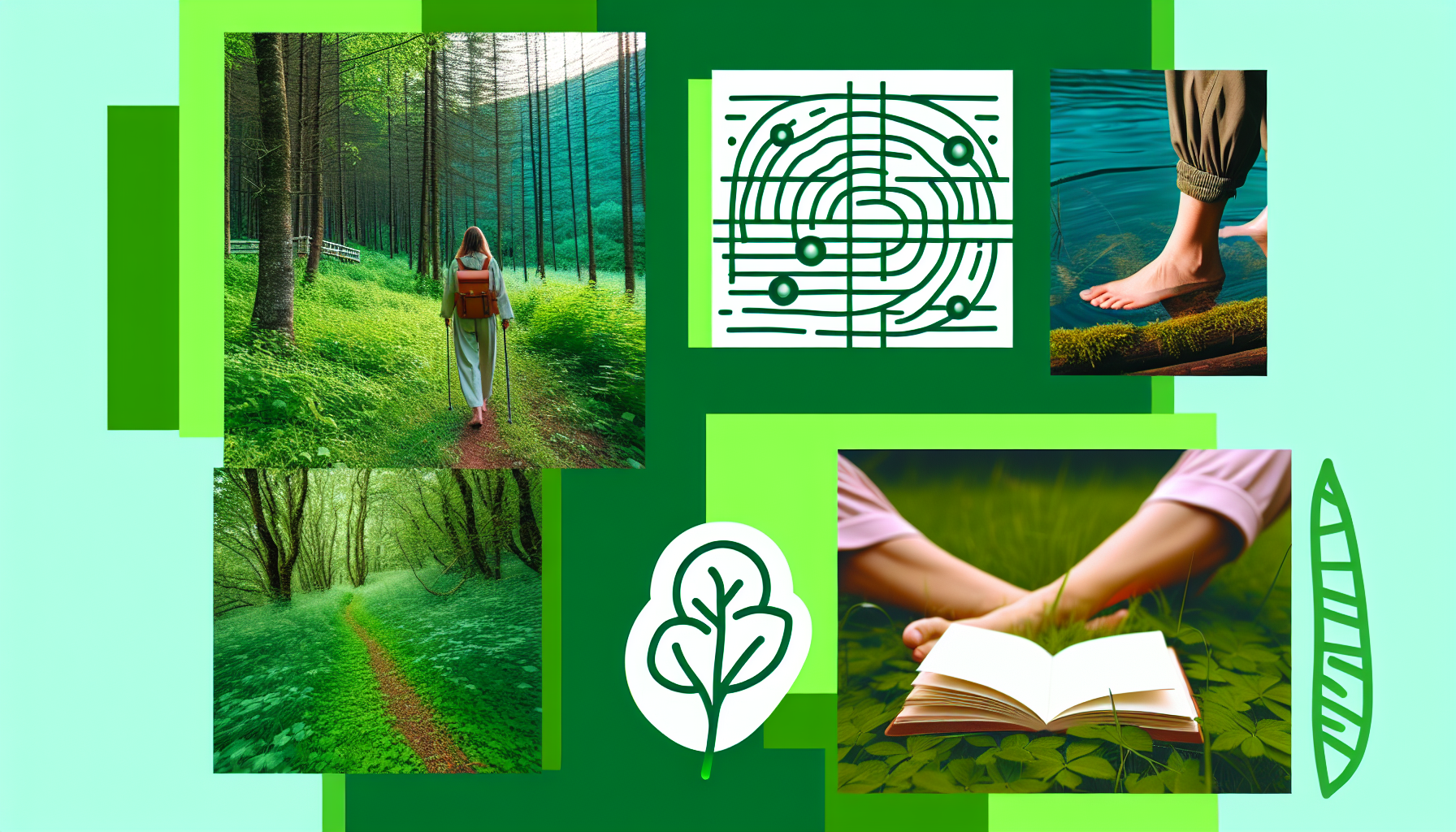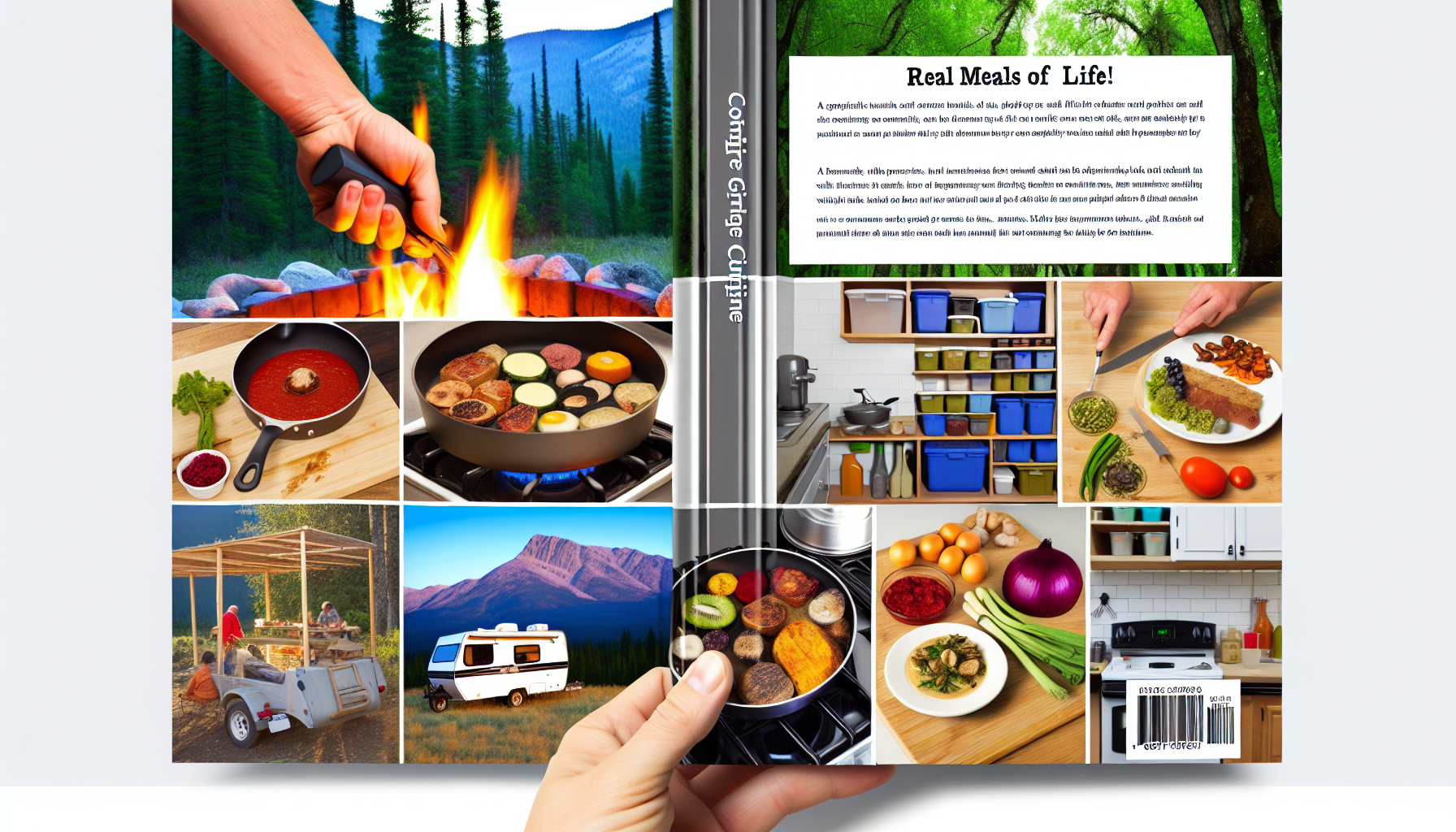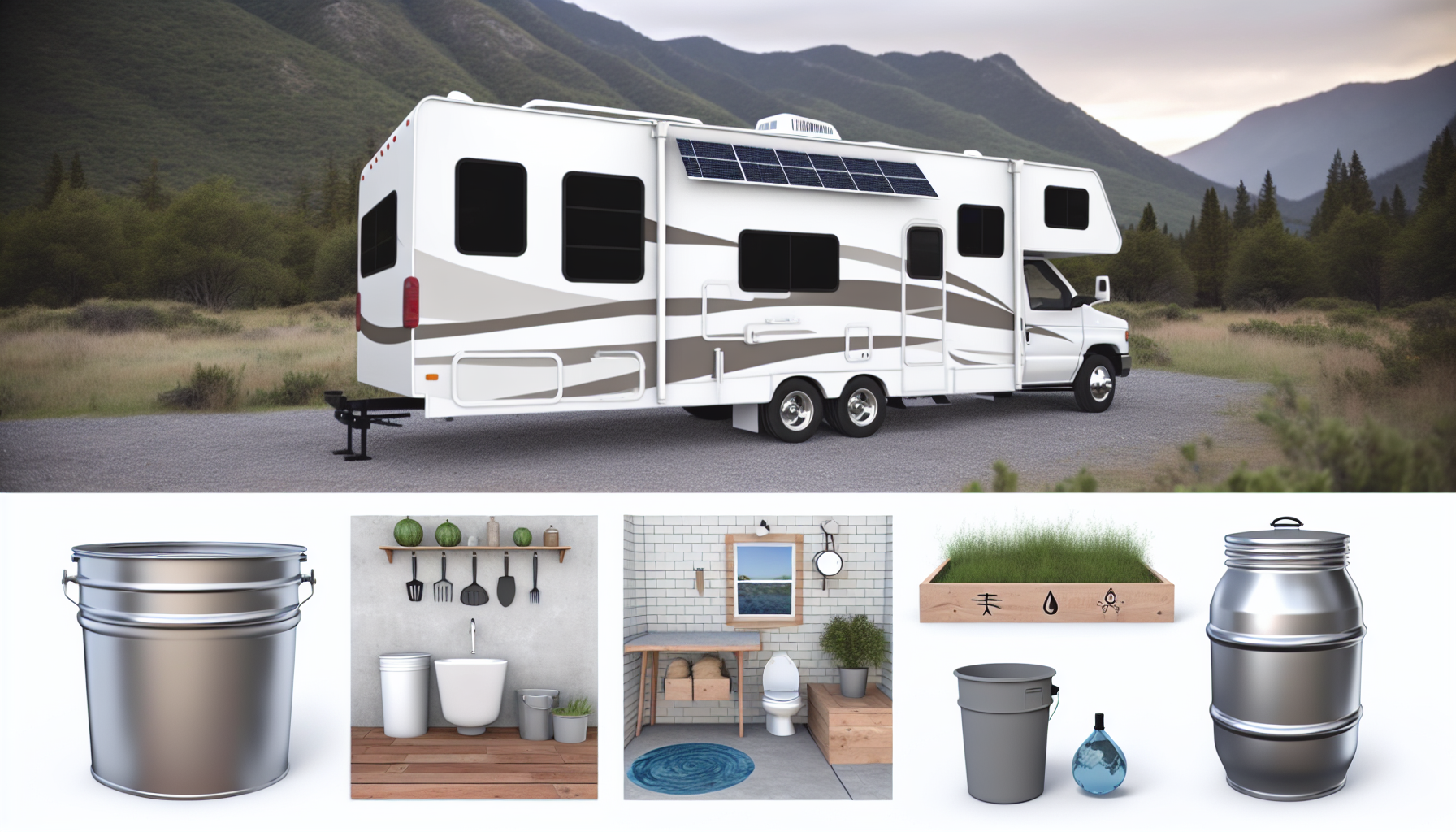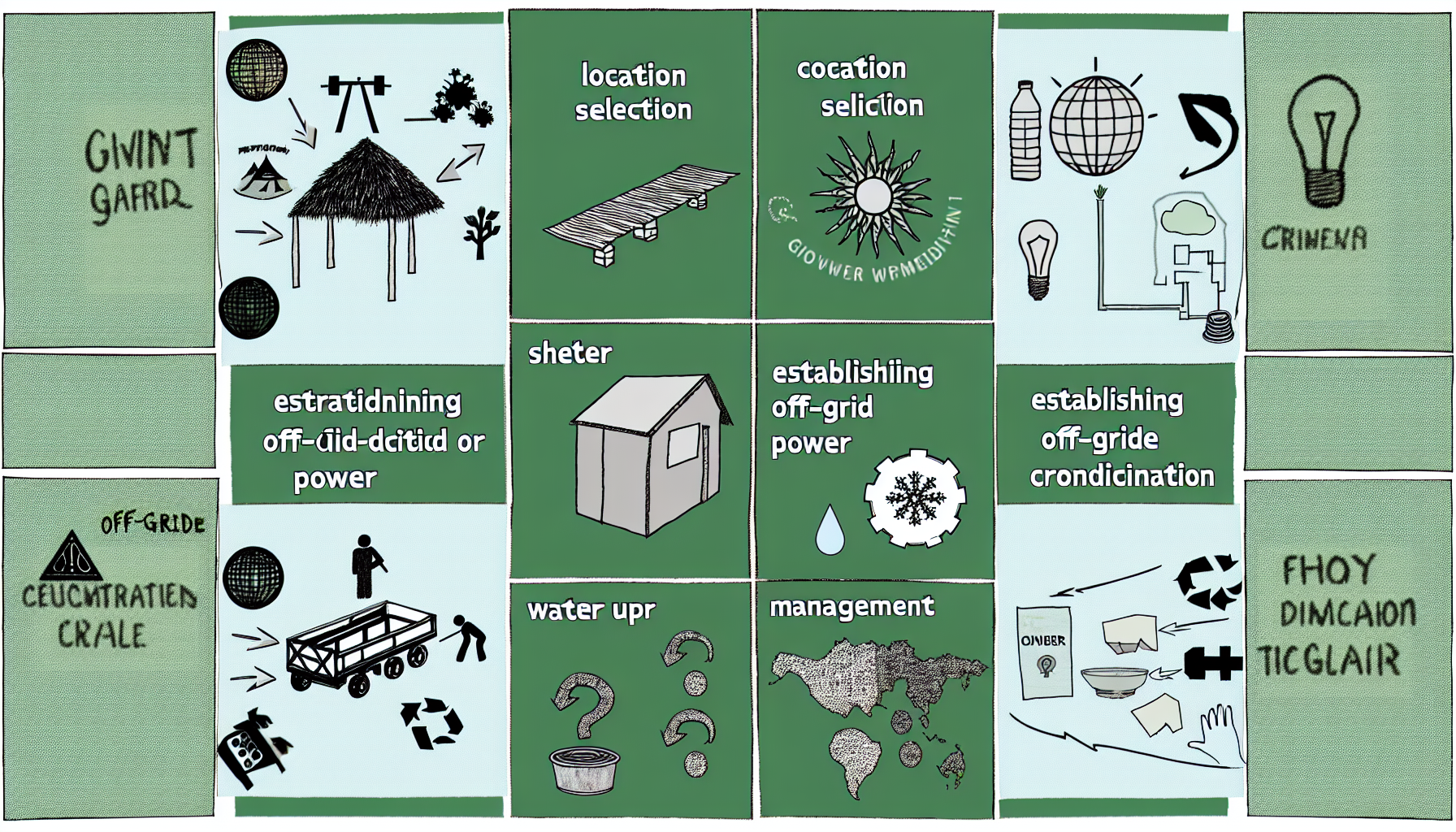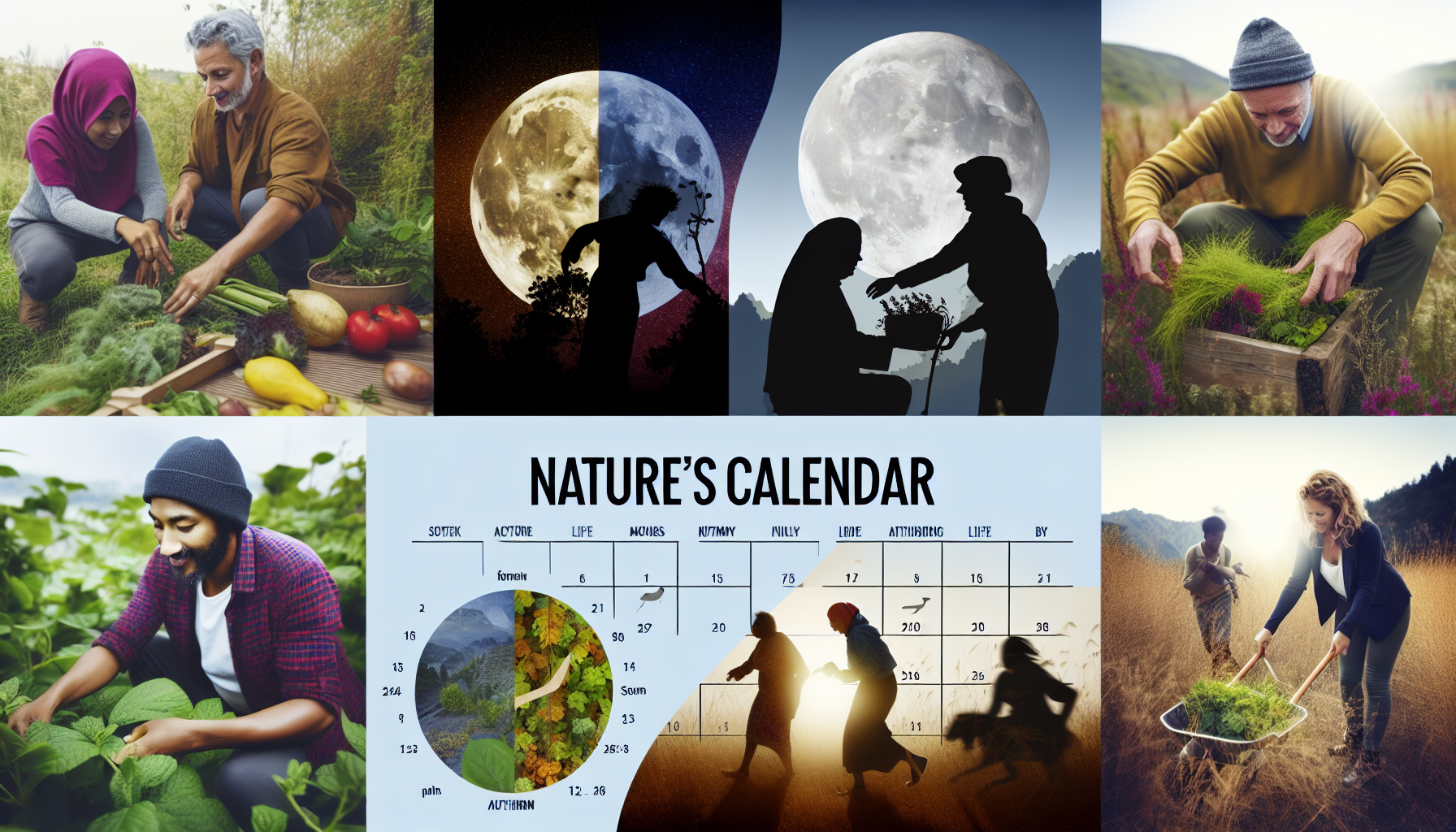When the sun dips below the tree line and the trail disappears beneath your boots, it’s not your gear that keeps you alive—it’s your knowledge. Whether you’re a weekend hiker or a seasoned backcountry camper, knowing how to stay safe and self-sufficient in the wild is essential. These survival skills aren’t just for emergencies—they make every outdoor adventure safer, smoother, and more enriching. Here are ten practical skills that every outdoor enthusiast should master before heading off the beaten path.
1. Building a Fire—With and Without Matches
Why It Matters:
A fire can be your lifeline in the wild. It provides warmth, cooks food, disinfects water, and signals for help.
Skill Breakdown:
- Learn how to use waterproof matches, lighters, and fire strikers.
- Practice building a fire structure: teepee, log cabin, or lean-to.
- Master fire-starting in wet conditions using natural tinder like birch bark, dry leaves, or cotton balls soaked in petroleum jelly.
2. Shelter Building Basics
Why It Matters:
Shelter protects you from wind, rain, cold, and sun. In survival situations, exposure is one of the biggest threats.
Skill Breakdown:
- Know how to build a debris hut with natural materials.
- Learn to pitch a tarp in multiple configurations.
- Understand location selection—avoid flood zones, insect-infested areas, and deadfall hazards.
3. Reading the Sky—Basic Navigation Without a Compass
Why It Matters:
Maps and compasses can fail. Your sense of direction shouldn’t.
Skill Breakdown:
- Learn to navigate by the sun, moon, and stars.
- Identify natural landmarks and use topographical features.
- Practice estimating direction using a watch or stick shadow method.
4. Purifying Water in the Wild
Why It Matters:
Drinking untreated water can lead to serious illness. Clean water is crucial for survival.
Skill Breakdown:
- Learn how to boil, filter, and chemically treat water.
- Recognize safe water sources (flowing streams, spring-fed pools).
- Carry and know how to use portable purification systems or tablets.
5. Foraging for Edible Plants and Insects
Why It Matters:
Nature can feed you—if you know what to look for.
Skill Breakdown:
- Identify common edible plants: dandelion, clover, wild garlic, and cattail.
- Learn what to avoid—many toxic plants resemble edible ones.
- Understand safe insect consumption (grasshoppers, crickets, mealworms) and preparation.
6. Basic First Aid and Wilderness Medical Skills
Why It Matters:
Help may be hours or days away. Knowing what to do in those moments is critical.
Skill Breakdown:
- Learn CPR, wound care, and how to splint injuries.
- Know how to treat hypothermia, heatstroke, blisters, and allergic reactions.
- Build and maintain a compact, well-stocked first aid kit.
7. Weather Awareness and Storm Safety
Why It Matters:
Sudden weather changes are common in the wilderness and can be deadly.
Skill Breakdown:
- Learn to read cloud formations and wind patterns.
- Know how to find or construct shelter during lightning storms.
- Understand temperature drops and signs of hypothermia or heat exhaustion.
8. Signaling for Help
Why It Matters:
If you’re lost or injured, the ability to attract help can save your life.
Skill Breakdown:
- Use mirrors, whistles, and fire to create visible/audible signals.
- Learn the international distress signal: three sharp flashes or sounds.
- Understand how to create ground-to-air signals using rocks or logs.
9. Knot Tying and Rope Skills
Why It Matters:
From building shelter to securing gear, knots are everywhere in survival.
Skill Breakdown:
- Master essential knots: bowline, square knot, taut-line hitch, and clove hitch.
- Practice using paracord for shelter, splints, snares, and gear repair.
- Understand the load and tension capacities of different ropes.
10. Mental Resilience and Wilderness Mindset
Why It Matters:
Panic is the biggest killer in the wilderness. A calm, focused mind saves lives.
Skill Breakdown:
- Learn the STOP principle (Stop, Think, Observe, Plan).
- Build mental endurance through practice and exposure.
- Stay calm by setting small goals and maintaining routines.
Further Reading & Resources
- National Outdoor Leadership School (NOLS)
Offers hands-on wilderness survival and leadership training courses.
- U.S. Forest Service Survival Tips
https://www.fs.usda.gov/visit/know-before-you-go/safety
Practical safety advice for outdoor recreation in national forests.
- REI Expert Advice: Survival Skills
https://www.rei.com/learn/c/survival
Guides and tips on wilderness skills from gear experts.
- Wilderness Medical Society
Offers research and protocols for wilderness medicine and remote care.


